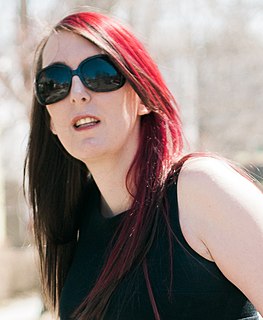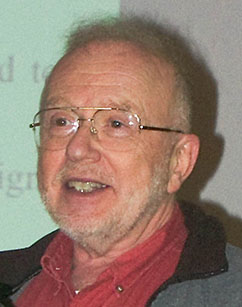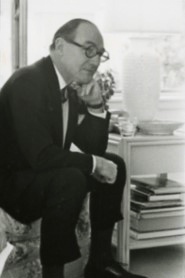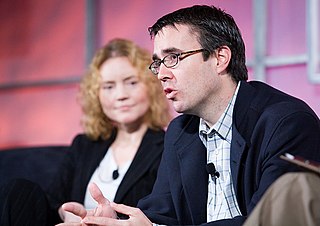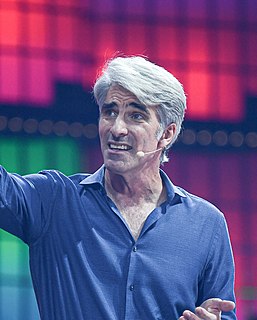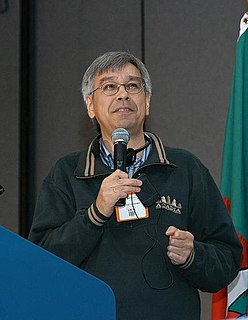A Quote by Brianna Wu
Software increasingly defines the world around us.
Related Quotes
Throughout history, the arts and humanities have helped men and women around the globe grapple with the most challenging questions and come to know the most basic truths. In our increasingly interconnected world, the arts play an important role in both shaping the character that defines us and reminding us of our shared humanity. This month, we celebrate our Nation's arts and humanities, and we recommit to ensuring all Americans can access and experience them.
With software products, it is usual to find that the software has major `bugs' and does not work reliably for some users... The lay public, familiar with only a few incidents of software failure, may regard them as exceptions caused by exceptionally inept programmers. Those of us who are software professionals know better; the most competent programmers in the world cannot avoid such problems.
The United States has faced threats from criminal groups, from terrorists, from spies throughout our history, and we have limited our responses. We haven't resorted to total war every time we have a conflict around the world, because that restraint is what defines us. That restraint is what gives us the moral standing to lead the world.
I'm not of the opinion that all software will be open source software. There is certain software that fits a niche that is only useful to a particular company or person: for example, the software immediately behind a web site's user interface. But the vast majority of software is actually pretty generic.
Increasingly, we're seeing two worlds in Canada. The world for most Canadians is increasingly unaffordable, involves more precarious work, and is a harder place in which to get by. The second world is an exclusive club for the wealthy and well-connected who get special access and are exempt from rules the rest of us play by.
The world around us is an increasingly hostile and sinful place. Occasionally that splashes onto us, and perhaps, in the case of a few of you, it may be nearly drowning you. To anyone struggling under the burden of sin, I say again with the Prophet Joseph that God has ‘a forgiving disposition’ (Lectures on Faith, 42). You can change. You can be helped. You can be made whole—whatever the problem.
Since my first discussions of ecological problems with Professor John Day around 1950 and since reading Konrad Lorenz's "King Solomon's Ring," I have become increasingly interested in the study of animals for what they might teach us about man, and the study of man as an animal. I have become increasingly disenchanted with what the thinkers of the so-called Age of Enlightenment tell us about the nature of man, and with what the formal religions and doctrinaire political theorists tell us about the same subject.
